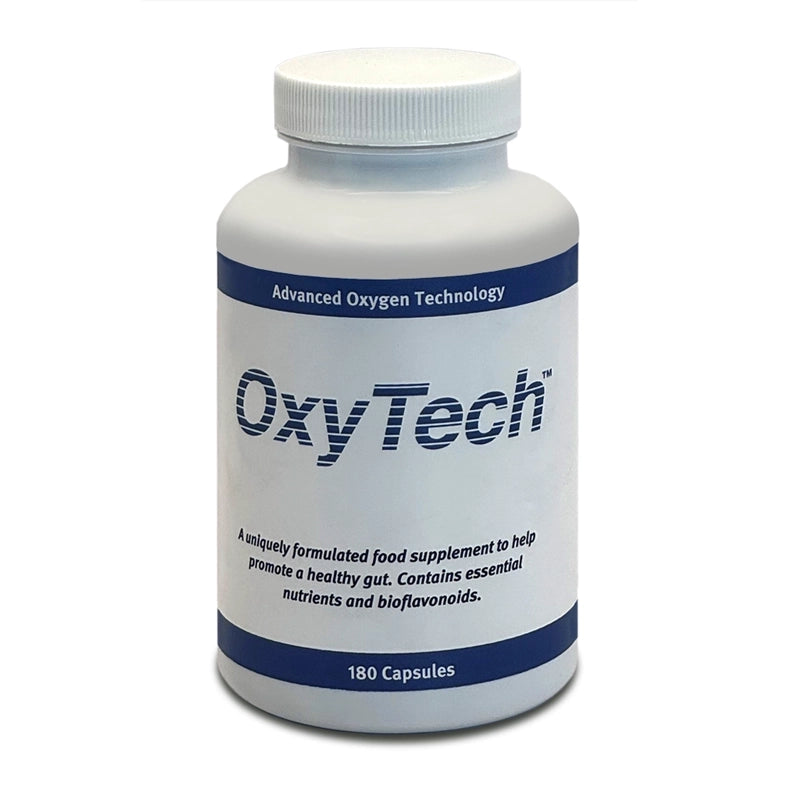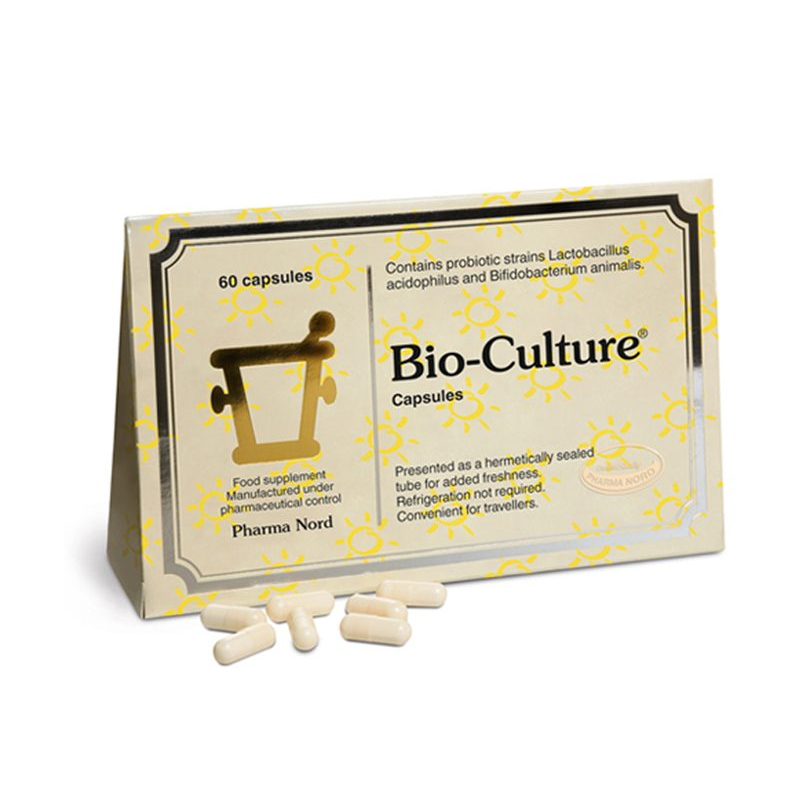Gut Health
Managing digestive issues for a healthier gut
Learn how lifestyle changes, nutrition and natural support can help reduce your risk of digestive issues.





What is the gastrointestinal (GI) tract?
How does digestion work?
Frequently Asked Questions
Is bloating normal, and when should I worry?
Occasional bloating is common, especially after large or fibre-rich meals. However, persistent or painful bloating, particularly when combined with weight loss, diarrhoea, or blood in the stool, should be checked by a GP.
Can antibiotics upset my digestion? What helps?
Yes. Antibiotics kill both harmful and beneficial bacteria, which can disrupt your gut microbiome and cause diarrhoea, bloating, or discomfort. Supporting gut health with probiotics like Bio-Culture and fibre-rich foods may help restore balance.
What's the difference between a food intolerance and an allergy?
A food allergy triggers an immune response and can cause symptoms such as rashes, swelling, or even anaphylaxis. A food intolerance usually affects digestion, leading to bloating, cramps, or diarrhoea, but is not life-threatening.
How important is fibre for gut health?
Fibre is essential. It feeds beneficial gut bacteria, helps regulate bowel movements, and produces short-chain fatty acids that support the gut lining and immune health. Aim for a variety of fibre sources, including whole grains, fruit, vegetables, and legumes.
When should I seek medical advice for digestive issues?
If you experience ongoing digestive problems, unexplained weight loss, blood in your stool, or sudden changes in bowel habits, consult a healthcare professional promptly.






